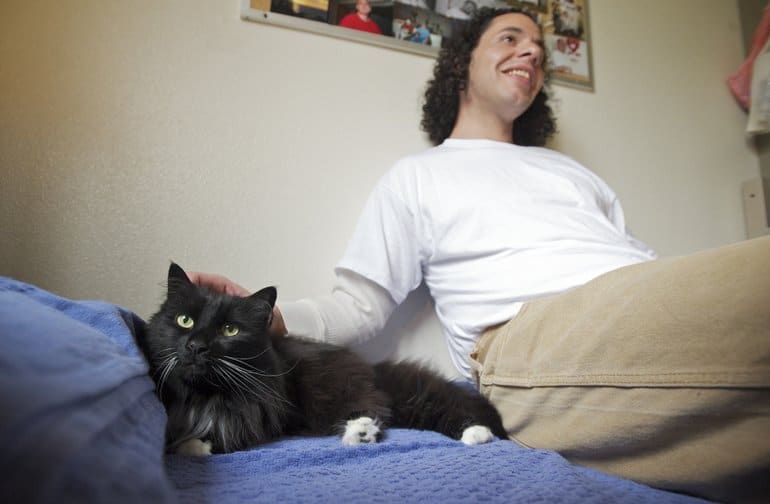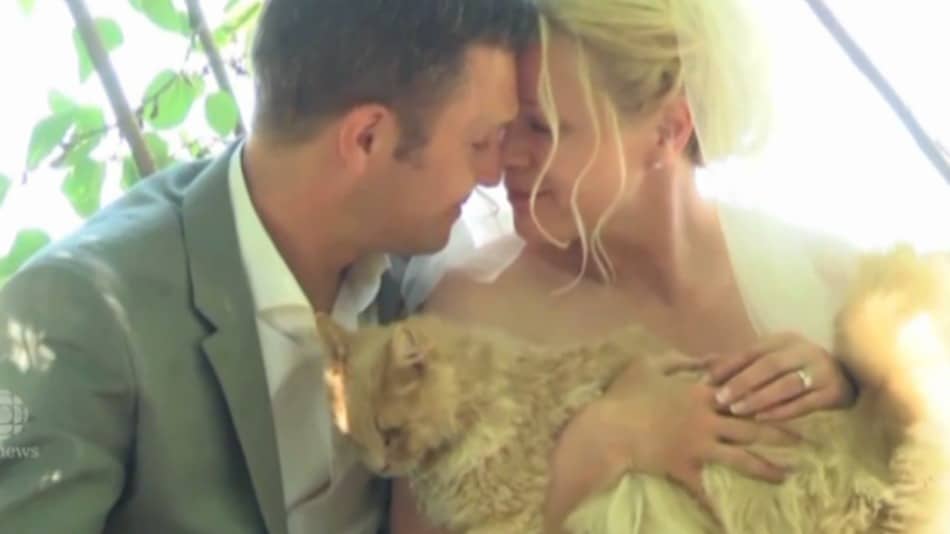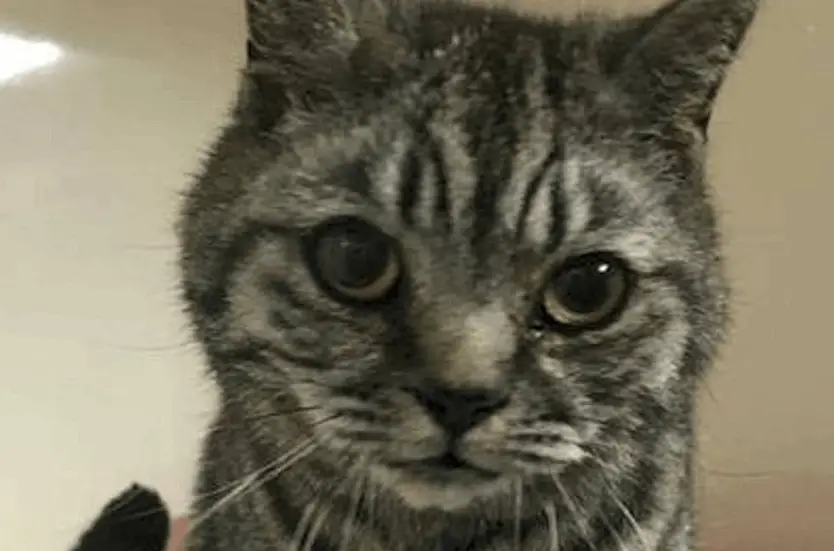If the term “cat poop coffee” doesn’t sound like your typical morning ritual, you’re probably right on the money. But for those who worship the beverage of the bean with a feline finesse, Kopi Luwak is the ultimate brew, both revered and reviled. This exotic elixir, made from coffee beans passed through the digestive tract of the Asian civet cat, has caused quite a stir in the coffee world due to its unique production and polarizing popularity.

With one paw dipped into the ancient history of Indonesia and another in the hot debates over animal welfare and sustainability, Kopi Luwak is a tale of depth, aroma, and yes, a tinge of controversy.
The Origins of Kopi Luwak
Slide into the passenger seat of my DeLorean; we’re going back in time to the early 17th century in Indonesia after the Dutch invaded and were introduced to coffee. Colonial landowners monopolized the coffee market, and the local laborers were forbidden from touching the coveted berries or keeping coffee for themselves — that is until the native palm civet took a liking to the ripest cherries. The civets snack on the coffee fruits, digesting only the outer layer, and then nature takes its course, leaving behind partially digested coffee beans.
There’s no record of who first thought to check if civet poop contained usable coffee beans, but I suppose if you’re desperate enough for your morning cup o’ joe, you’ll do just about anything to get it! But it turned out the digestion process naturally fermented the beans to produce smoother-tasting coffee, thus creating Kopi Luwak, or Asian civet cat poop coffee.
Eventually, the upper class found out about these special coffee beans, so they started to grow in popularity. But, it wasn’t until the 1990s that people around the world started to take notice.
By the way, civets – while often called civet cats – are not actually cats. So cat poop coffee is not truly from a cat. Though like look a bit like raccoons, civets are most closely related to mongooses.

The Introduction of Civet Cats in Coffee Production
The civet’s role in coffee production wasn’t always as glamorous as it is today. Traditionally, people just hunted for their droppings in the wild. These little creatures were seen as pests by Dutch colonists, yet their unique contribution to coffee flavor couldn’t be ignored. Eventually, civets were purposefully introduced into coffee plantations to replicate this natural fermentation process, inadvertently initiating a booming industry that later turned contentious with controversy.
Cultural Significance of Kopi Luwak
Kopi Luwak is more than just a novelty; it’s a part of Indonesian heritage, strongly interwoven into the country’s history and cultural identity for hundreds of years. The traditional method of production symbolizes a harmonious relationship between man, animal, and the land, creating a brew that represents a way of life as much as it does a flavor profile.
The Cat Poop Coffee Production Process
To truly appreciate the allure and the controversy, one must understand the unorthodox production process of Kopi Luwak:
- Civet cats, nocturnal by nature, roam coffee tree canopies at night, selecting the ripest cherries for a moonlit snack. They are picky eaters by nature, so their selective palate for only the best and ripest cherries is where the quality control begins for Kopi Luwak.
- The cherries’ fleshy pulp is consumed, and the beans are left to ferment in the civet’s stomach, enhancing the beans’ amino acids during the digestive process, which are said to give Kopi Luwak its unique flavor profile and smoothness.
- Within a day or so, the beans are excreted, 100% civet cat poop. It’s then up to human hands to collect these beans. Talk about a crappy job!
- The collected beans undergo a rigorous washing process to ensure they’re free from impurities, and then they are carefully dried.
- Now we land at the crucial crossroads where the beans meet fire, roasting to perfection. The delicate balance of heat and time brings out the beans’ aromatic oils without scorching them. Finally, the roasted beans are ground and brewed into the signature Kopi Luwak flavor, which enthusiasts describe as earthy, less bitter, and with a hint of caramel.

Controversies Surrounding Kopi Luwak
The love affair with Kopi Luwak is not without its share of detractors. The traditional method, where the bean is passed through the civet’s digestive tract, has led to concerns related to ethics, environmental impact, and even health.
Ethical Concerns: Exploitation of Civet Cats
There has been a long-standing debate on the ethical treatment of the civet cats involved in the production of Kopi Luwak. The surge in demand has led to mass farming practices, where animals are kept in captivity and fed poor diets to produce greater quantities of coffee, often at the detriment of the civet’s health.
This type of exploitation has sparked outrage among animal rights activists who believe these animals should be kept in their natural habitats and not used for profit.
Environmental Impact of Kopi Luwak Production
Some argue that the commercialization of Kopi Luwak has led to deforestation and habitat loss, with plantation owners clearing land to meet the growing demand for the coffee. This encroachment on wild habitats has not only environmental but also animal welfare implications.
Health and Safety Issues
The conditions under which the beans are collected and processed are a point of concern for many health experts. The potential presence of harmful bacteria in the feces raises questions surrounding food safety practices.
Authenticity and Fraudulent Practices in the Industry
With rising demand and prices, there’s been a wave of counterfeit cat poop coffee flooding the market. Coffee labeled as authentic Kopi Luwak may too often be mislabeled or of unverified origins, leading to customer disillusionment and distrust in an already quorum-ridden market.
The Taste of Kopi Luwak

But what about the brew itself? Taste is subjective, and Kopi Luwak is no exception.
Description of Flavor Profile
Described by some as having an earthy, full-bodied flavor with hints of decay (due to the fermentation process) and low acidity, Kopi Luwak is a mellow coffee that lacks the bitterness commonly associated with the traditional coffee bean.
Comparisons to Regular Coffee
Those who advocate for the beverage claim that there’s no going back to regular coffee once you’ve experienced the velvety texture and unique, gentler flavor notes of Kopi Luwak.
Perception and Popularity Among Coffee Enthusiasts
The rarity and the story of Kopi Luwak can make it a highly desired collector’s item among coffee connoisseurs. However, its reputation has been tarnished by the controversies around its production.
Where to Buy Kopi Luwak Cat Poop Coffee
For the adventurous coffee lover willing to sniff their way through the controversy, tasting Kopi Luwak can be quite an experience.
Kopi Luwak can be found in select specialty coffee shops around the world, often at premium prices. The scarcity and labor-intensive production contribute to its steep cost, with Kopi Luwak often being one of the most expensive coffees on the market. If you’re happy to brew it for yourself at home, you can easily buy whole or ground beans online. Just be sure you’re buying ethically sourced coffee.
Ethical Sourcing and Certifications
To ensure that the Kopi Luwak you’re drinking is ethically sourced, look for certifications that verify the beans’ origins, that the civet cats are cage-free, and that the production methods adhere to responsible practices.

Final Thoughts
Kopi Luwak is more than just a curious cup of coffee — it’s a conversation starter, a reflection of culture, and an example of the complexities that arise when flavored with a hint of controversy. For some, it’s a delectable indulgence, for others, a forbidden brew.
The next time you’re perusing the coffee aisle or scanning the menu at your local café, the mention of cat poop coffee might just make you pause and ponder the intricate pathways of the beverage you’ve come to love. With a deeper understanding of this unique coffee, you’re now equipped to make an informed decision about whether Kopi Luwak is a cup of delight or a step too far from the litter box.
And for our dear civet “cats”, may their role in the world of coffee continue to evolve with respect and responsibility. After all, they prove that even in the most peculiar places, true treasures can be found.
The Catington Post is reader-supported. That means, if you make a purchase through links on our site, we may earn an affiliate commission. All images and names which are not the property of The Catington Post are the property of their respective owners.




